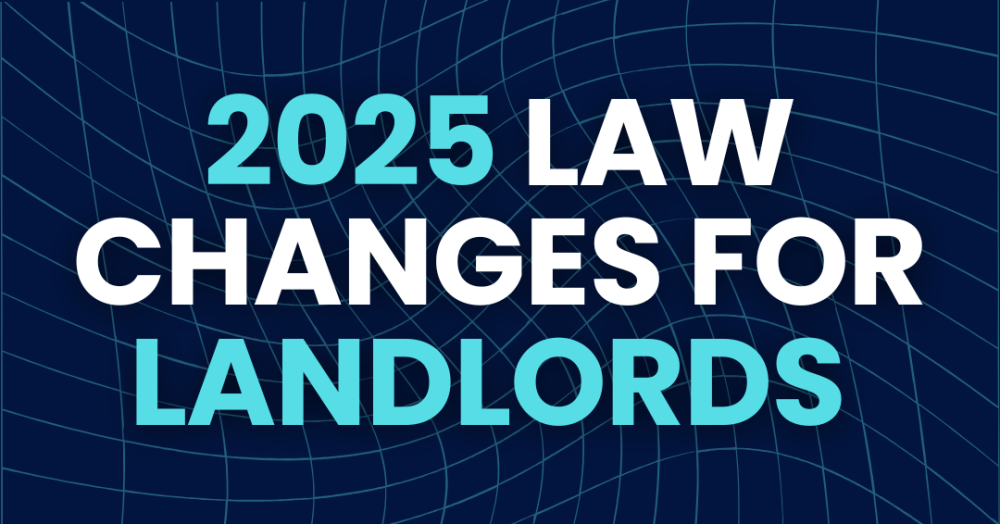
Potential Law Changes for Landlords to keep an eye on in 2025
As 2025 approaches, significant changes in UK landlord laws are set to reshape the rental landscape. The Renters' Rights Bill, introduced by the Labour Government on 11th September 2024, aims to enhance tenant protections and ensure fairer practices within the private rented sector. Landlords should be aware of the following key reforms:
1. Abolition of Section 21 'No-Fault' Evictions
The new legislation eliminates Section 21 evictions, which previously allowed landlords to terminate tenancies without providing a reason. Moving forward, landlords must have valid grounds for eviction under an expanded Section 8, such as serious rent arrears or the intention to sell the property.
2. Transition to Periodic Tenancies
Fixed-term and assured shorthold tenancies will be abolished in favour of periodic assured tenancies. This change grants tenants greater flexibility, allowing them to provide two months' notice to end the tenancy at any time. Landlords are required to give at least four months' notice before evicting a tenant for reasons like selling the property or moving back in.
3. Restrictions on Rent Increases and Bidding Wars
The bill introduces measures to control rent inflation by limiting rent increases to once per year and requiring landlords to provide at least two months' notice before implementing any hike. Additionally, landlords are prohibited from accepting higher rents than advertised, effectively ending rental bidding wars and promoting transparency in rental pricing.
4. Introduction of the 'Decent Homes Standard'
To improve living conditions, the legislation mandates that all rental properties meet the 'Decent Homes Standard.' This includes ensuring properties are free from serious hazards, in a reasonable state of repair, and have modern facilities. Landlords failing to comply may face fines and legal action.
5. Prohibition of Tenant Discrimination
The new rules make it illegal for landlords to discriminate against tenants based on their receipt of benefits or having children. This move aims to create a more inclusive rental market, ensuring equal access to housing for all applicants.
6. Right to Request Pets
Tenants will have the right to request permission to keep pets in their rented homes. Landlords can only refuse such requests with a valid reason and may require pet insurance to cover potential damages.
7. Energy Efficiency Requirements
From 2025 onwards, landlords must ensure their properties have an Energy Performance Certificate (EPC) rating of at least 'C' before marketing them. This initiative is part of broader efforts to enhance energy efficiency and reduce carbon footprints in the housing sector.
8. Establishment of a Private Rented Sector Database
The bill proposes the creation of a comprehensive database to help landlords understand their legal obligations and demonstrate compliance. This platform will also provide better information to tenants, enabling informed decisions when entering into tenancy agreements.
Conclusion
These reforms are expected to become law by the summer of 2025. Landlords should take proactive steps to understand and comply with these changes or they risk receiving expensive surprises. A good way to ensure you are complying with any law changes is by working with award winning Letting agents such as Mecs Sales and Lettings. Get in contact through the number below to have your property professionally managed.
0121 681 6327